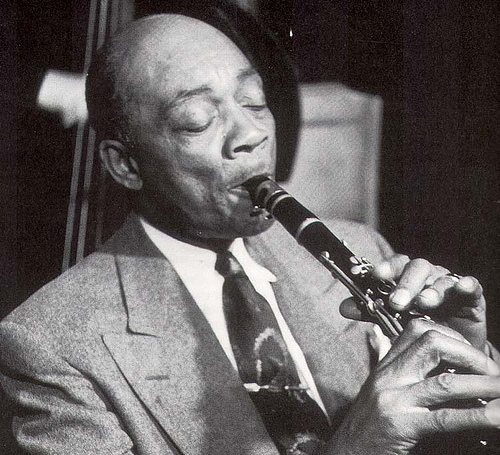Edmond Hall was an American jazz clarinetist, bandleader, and pianist. He was born in Reserve, Louisiana, on May 15, 1901. He died in Boston on February 11, 1967. Edward Blainey Hall, his father, and Caroline Duhe, had eight children: Viola (1897), Robert (1899), Edmond (1901), Clarence (2003), Edward (1905), Herbert (Herb) 1907. Although Edmond Hall took a while to find his musical voice, he was able to identify his clarinet sound within one note. Edmond was one of four clarinet-playing brothers, including Herbie Hall. He was the son of Edward Hall, an early clarinetist. Before moving to New York in 1928 with Alonzo Ros, Edmond played in several bands in New Orleans. He played baritone with Claude Hopkins’ orchestra (1929-1935) and occasionally sounded like his future self on clarinet. Hall was a member of Lucky Millinder’s orchestra, Zutty Singleton and Joe Sullivan and had his own style by the time he joined Red Allen, 1940. He was part of Teddy Wilson’s sextet (1941-1944), and declined the opportunity to become Barney Bigard’s successor in Duke Ellington’s Orchestra’s 1942 season. Hall started working with Eddie Condon in 1944 (including appearances on his Town Hall Concert radio program), led his own Cafe Society group, spent some years in Boston and was then in Condon’s house band from 1950-1955. Edmond Hall was a member and toured the globe as part of Louis Armstrong’s All-Stars (1955-1958), and worked with Condon in the 1960s. His final recording was made at John Hammond’s 1967 Spirituals to Swing concert. Blue Note (1941-1944), Commodore and Savoy, Storyville, United Artists and other smaller labels recorded him as a leader. Text contributed by users is available under Creative Commons By–SA License. It may also be available under GNU FDL.
